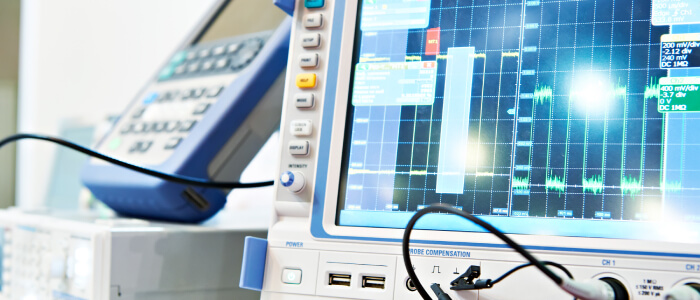Traditional kickback cases involving pharmaceutical manufacturers and medical device companies often focused on illegal payments that masqueraded as legitimate compensation for time physicians spent giving speeches, consulting, or participating on “advisory boards,” but where a purpose, if not the principal purpose, of the payments was to induce the physicians to write prescriptions for the manufacturers’ drugs or to use the manufacturers’ devices in surgeries and other procedures. Thus, for example, while he was an Assistant United States Attorney, Jeff Newman Law negotiated a $313 million settlement with Forest Pharmaceuticals to resolve a whistleblower False Claims Act case alleging that, among other things, the company paid kickbacks to physicians via expensive meals, lavish entertainment, and cash payments disguised as grants or consulting fees. Likewise, he negotiated a $16 million settlement with St. Jude Medical to resolve allegations that the company used the cover of participation in post-market studies and a registry to pay kickbacks that induced physicians to implant St. Jude pacemakers and defibrillators.
Over the years, pharmaceutical and medical device companies have found more creative ways to pay kickbacks to physicians, pharmacies, and even patients. For example, as an Assistant United States Attorney, Jeff Newman Law attorney Gregg Shapiro negotiated settlements including:
- a $109 million settlement with Sanofi to resolve allegations that the pharmaceutical company paid kickbacks to physicians by giving them “free” samples of an injectable drug that the physicians could bill to Medicare;
- a $149 million settlement with Johnson & Johnson and a $98 million settlement with Omnicare, a nursing home pharmacy, to resolve allegations that J&J paid a variety of kickbacks to induce Omnicare to recommend its drugs for use in nursing homes; and
- over $1 billion in settlements with 12 pharmaceutical companies, four foundations, and a pharmacy/hub to resolve allegations that the pharmaceutical companies funneled cash through the foundations to cover Medicare co-pays for patients taking the pharmaceutical companies’ drugs.
Other forms of potential kickbacks by pharmaceutical and medical device companies include:
- paying excessive royalties to physicians who ostensibly assist in the design of medical devices;
- payments and other favors to members of pharmacy and therapeutics (P&T) committees who can influence drug formulary placement decisions at health plans and hospitals;
- payments to patients to speak about their experiences with the companies’ drugs;
- allowing commercial co-pay cards to be used by federally-insured patients; and
- payments and discounts to drug distributors who pass the money through to physician customers who purchase the companies’ drugs.
As noted above, one of our attorneys, Gregg Shapiro, has a lengthy track record of prosecuting some of the nation’s largest pharmaceutical and medical device kickback cases. He recently published an article in the American Health Law Weekly describing some of the government’s kickback cases against pharmaceutical manufacturers.
If you have information about a pharmaceutical or medical device company that has paid kickbacks, please contact us here or at 617-917-2875.
